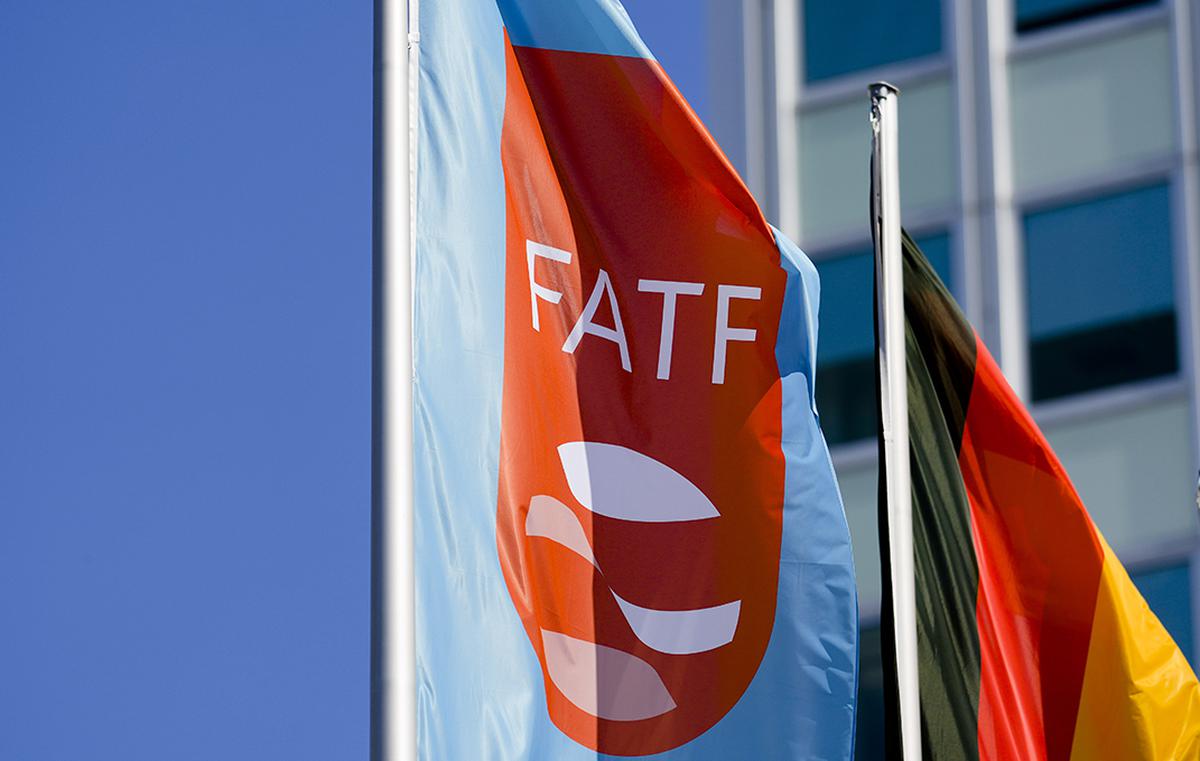SOURCE: AFI

India and Canada have enjoyed a historically cordial relationship, built on mutual respect, trade, and a shared commitment to democratic values. However, recent developments have strained this relationship, particularly concerning the activities of Khalistani groups operating from Canadian soil. These groups have been involved in financing terror activities in India, specifically in Punjab, and have openly offered cash rewards for acts of vandalism against Indian public property. Given these serious allegations, India should consider dragging Canada to the Financial Action Task Force (FATF) on the grounds of terror financing.
Khalistani groups, advocating for a separate Sikh state, have long been a thorn in India’s side. While the movement lost significant momentum in India after the 1990s, it has found a fertile ground in Canada, home to a large Sikh diaspora. These groups have been accused of not only spreading propaganda but also of actively funding terror activities in India. The situation has escalated to a point where some of these organizations have openly offered cash rewards for acts such as defacing statues of Indian leaders and damaging Indian public property.
One of the most alarming aspects of the activities of Khalistani groups in Canada is their alleged involvement in financing terror attacks in Indian Punjab. Several instances underscore the gravity of this issue:
- 1985 Air India Bombing: The bombing of Air India Flight 182, which killed 329 people, remains one of the deadliest aviation terror attacks. The attack was orchestrated by Khalistani extremists based in Canada, highlighting the severe threat posed by these groups.
- Targeted Killings in Punjab: Over the past few years, Punjab has witnessed a series of targeted killings, including those of RSS and Hindu leaders. Investigations have revealed that these attacks were financed by Khalistani elements in Canada.
- 2018 Hand Grenade Attack on Nirankari Satsang: In November 2018, a hand grenade attack on a religious congregation in Punjab’s Amritsar district resulted in three deaths and several injuries. The attackers were linked to Khalistani groups in Canada, demonstrating their continued involvement in terror activities.
The brazenness with which Khalistani groups in Canada operate is alarming. Instances of these groups openly offering cash rewards for acts of vandalism and violence against Indian symbols and public property are not uncommon. These activities not only incite violence but also foster an environment of hostility and radicalization, undermining peace and security in India.
The Financial Action Task Force (FATF) is an inter-governmental body established to combat money laundering, terrorist financing, and other related threats to the integrity of the international financial system. Countries found to be non-compliant with FATF standards can face significant economic and reputational repercussions. By bringing Canada to the FATF, India can highlight the serious nature of the threat posed by Khalistani groups and press for stronger measures to curb their financing and activities.
India has substantial evidence linking Khalistani groups in Canada to terror financing. Presenting this evidence to the FATF can substantiate India’s claims and push for a thorough investigation. As a member of the FATF, Canada is obligated to take stringent measures against terror financing. The continued operation of Khalistani groups from Canadian soil represents a breach of these obligations. Highlighting this issue at the FATF will also call for greater international cooperation. It will emphasize the need for Canada to collaborate with India in addressing the threat posed by Khalistani extremists.
The threat posed by Khalistani groups operating from Canada is real and significant. Their involvement in financing terror activities in India, coupled with open calls for vandalism and violence, necessitates urgent and decisive action. By dragging Canada to the FATF, India can bring international attention to this issue, press for stricter measures against these groups, and reinforce its commitment to combating terrorism in all its forms.